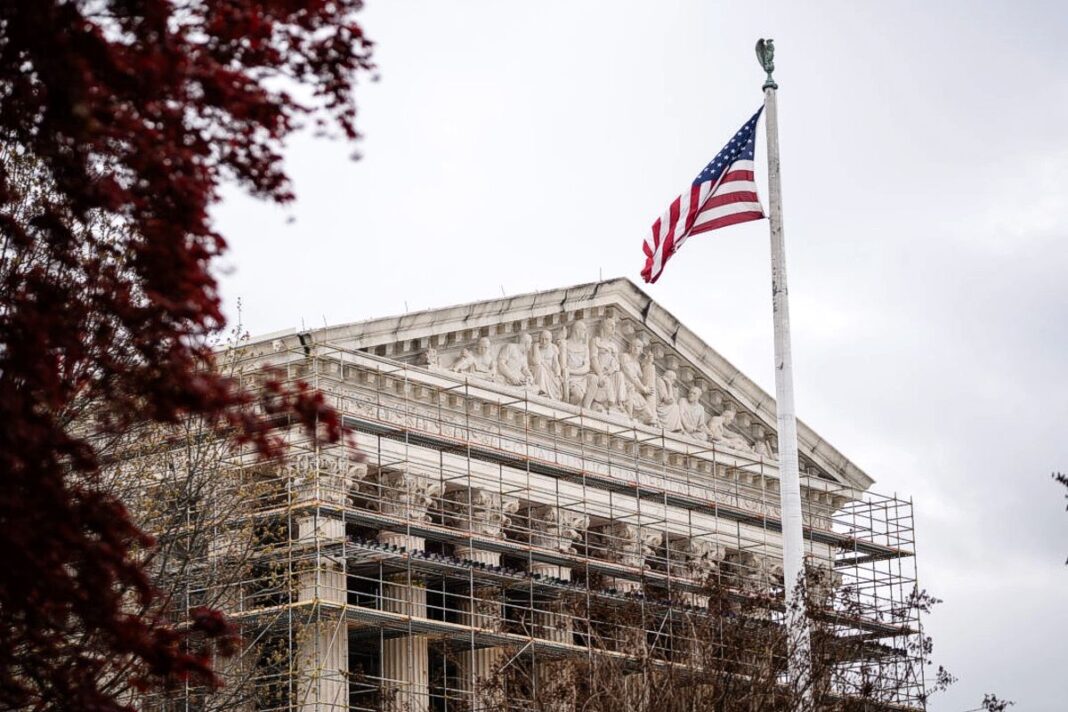China’s Wuhan University ‘is a direct extension of the Chinese military and intelligence apparatus,’ the chairmen wrote in their letter to Duke University.
The chairmen of two House committees are calling on Duke University to end its partnership with China’s Wuhan University, saying that the relationship is advancing the Chinese Communist Party’s (CCP’s) military ambitions at the expense of U.S. taxpayer dollars.
Rep. John Moolenaar (R-Mich.), chair of the Select Committee on the Chinese Communist Party, and Rep. Tim Walberg (R-Mich.), chair of the Committee on Education and Workforce, expressed their concerns in a letter, dated May 14, addressed to Duke University President Vincent Price.
“Duke Kunshan University’s website promotes Chinese military training. It is outrageous an American university would lend its name to training the military of a foreign adversary,” Moolenaar wrote on the social media platform X on May 16.
In an X post on Friday, Walberg said that “No American university should assist the CCP in its attempts to undermine our national security and expand its dictatorial regime.”
The lawmakers pointed out in their letter that “Wuhan University is not an ordinary academic institution. It is a direct extension of the Chinese military and intelligence apparatus.”
They noted that the Chinese school is home to several of China’s national defense research laboratories and trains cyber warfare specialists for the regime’s military, the People’s Liberation Army.
The two schools established Duke Kunshan University (DKU) in 2013. The partner institution has a 200-acre campus in Kunshan, a city in coastal China’s Jiangsu Province. Duke said on its website in December 2023 that DKU had 1,713 enrolled students, with 1,279 from China and 434 international students from 66 countries, including the United States, Canada, Denmark, and Italy.
According to the letter, DKU offers undergraduate, master’s, and doctoral degree programs and “specializes in high-technology fields with direct military applications, including data science, artificial intelligence, and materials science.”
“As part of these programs, many DKU students spend time at Duke University, gaining access to federally funded U.S. research,” the lawmakers wrote.
“Given the Chinese Communist Party’s (CCP) well-documented efforts to exploit U.S. academic openness, this partnership creates a direct pipeline between U.S. innovation and China’s military-industrial complex.”
By Frank Fang







